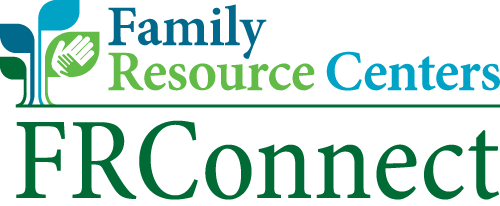The Department of Children and Families (DCF) recognizes that issues of identity and diversity are central to children’s welfare and that, to succeed, any comprehensive plan on identity and diversity must be grounded deeply in our work to protect children and support families. As a result, the agency’s diversity vision goes beyond workforce demographics to encompass our connections with families, communities, and providers.
DCF is committed to cultural competence in our work with families. DCF seeks to heighten awareness of diversity issues in order to create a learning environment that respects and embraces cultures, races, ethnicities, languages, religions, sexual orientations, gender identities and expressions, and physical abilities.
In support of Family Resource Center staff, and those who they serve, the DCF is committed to providing training and resources to best support the needs of everyone in the community.
To direct community members to DCF local office LGBTQ resources, please use this resource list.


Resources to learn more:
- “Genderbread Person” explainer graphic
- Talking About Family Acceptance & Transgender Youth
- Supporting & Caring For Transgender Children
- Coming Out: A Handbook for LGBTQ Young People
- Greater Boston PFLAG
Numbers to call:
- The Trevor Project LGBTQ resource & Crisis Lifeline: 1-866-488-7386
- Transgender Lifeline: 877-565-8860
- Suicide Prevention & Crisis Line 1-800-273-TALK (8255)
- Elliot Emergency Services: 888-769-5201
Content updated as of June 2023.
